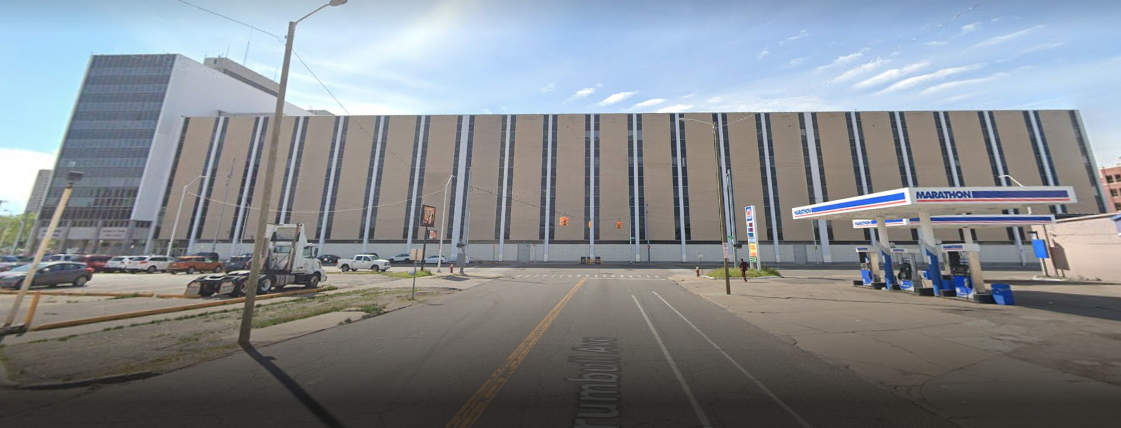NPC24: Yes We Plan, Minneapolis-St. Paul!
I’m going to be in Minneapolis and St. Paul for part of this week and next for the National Planning Conference. It’ll be my second time attending the conference after attending NPC22 in San Diego, and I’m looking forward to connecting with planners from around the country to talk about the subject matter currently occupying an inordinate amount of brainpower: how to decarbonize cities and, in the process, fix the housing market.
I’ll also be hitting up some of my old haunts. I went to school in Iowa and Minneapolis-St. Paul was the closest big city (I love you, Des Moines, but you still feel a little bit too low-density to be called a “big city”), so I spent a lot of time up here circa 2009-2012. I did a number of Matterport projects in the Twin Cities in 2020 and 2021, including scanning the facilities of JXTA Arts in North Minneapolis, which I’ll be revisiting. It’s always a fun trip because the cities have done a surprisingly good job of promoting densification in a way that doesn’t seem to completely destabilize the human scale of neighborhoods like it has in a place like New York. If you’ve never been, the Twin Cities have some of the most charming residential neighborhoods and well-defined commercial corridors– comparable to Chicago but superior, in my opinion, in terms of livability and integrity, in many ways. The cities also boast a lot of park space and even a functional mass transit system. What’s not to love?
Well, the brutal winters, perhaps, but they’re not really any worse than a third of the entire country. Plus, I maintain that places that have terrible winters typically know how to enjoy summer more than places that enjoy year-round temperate climates.
Blueprint for Value: Why Companies Need City Planners on Their Payroll
Housing Focus
As I work with ADL Ventures to develop a platform for industrialized construction, I’m looking for folks who want to help make it happen. This means two things: first, we are seeking out funding to help develop a “menu” of industrialized construction components. This is essentially going to be the modern-day equivalent of the Sears kit homes of yore, but made with the latest and greatest precision manufacturing techniques and an entire century of building science behind them. The idea is that such a menu can be built over an entire region, allowing for specialization and normalizing production flow to help even out the production process of actually building new housing units.
[W]e want to make it easy to situate good development in the context of good regulatory policy.”
The second part is finding municipalities and developers that want regulatory reform that enables this sort of thing. We’re not focusing on greenfield sprawl, we’re focusing on missing middle options and higher-density infill typologies. In lay terms? It’s really hard to build anything other than single-family housing in most of the country, and, since we know that limited supply makes prices go up much faster, we want to make it easy to situate good development in the context of good regulatory policy. Our theory is that the two categories will overlap pretty closely, but that’s why we’re starting by focusing on jurisdictions that are interested in either or both.

If you’re asking, “is this housing all going to be affordable?” The answer is, “we certainly hope so!” We think we can create production-scale affordable housing that is built with limited to no public subsidy. Some companies have said that industrialized methods enable savings as much as $100/ft., while a healthy guideline is a consistent 20% cost savings plus shortening the construction timeline by as much as half. As time is money, the ability to shorten the construction timeline means more effective allocation of fixed costs and capital resources, plus the ability to add new housing to severely supply-constrained markets more quickly.
A bold objective?
Certainly. But the historic housing crunch in most markets means we have to figure out any number of clever solutions.
If you’re attending NPC24 in Minneapolis, get in touch!



